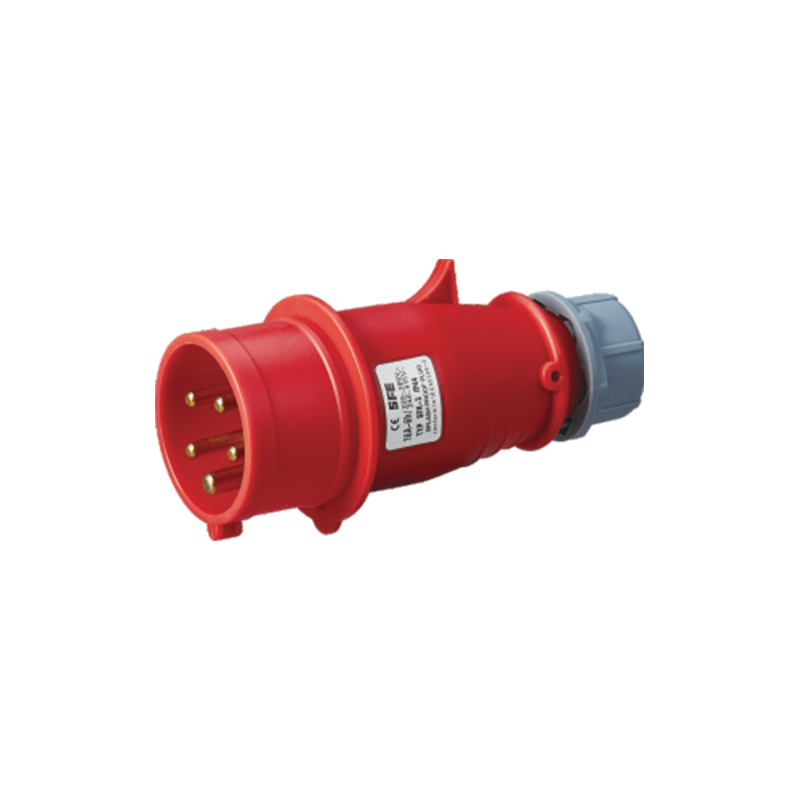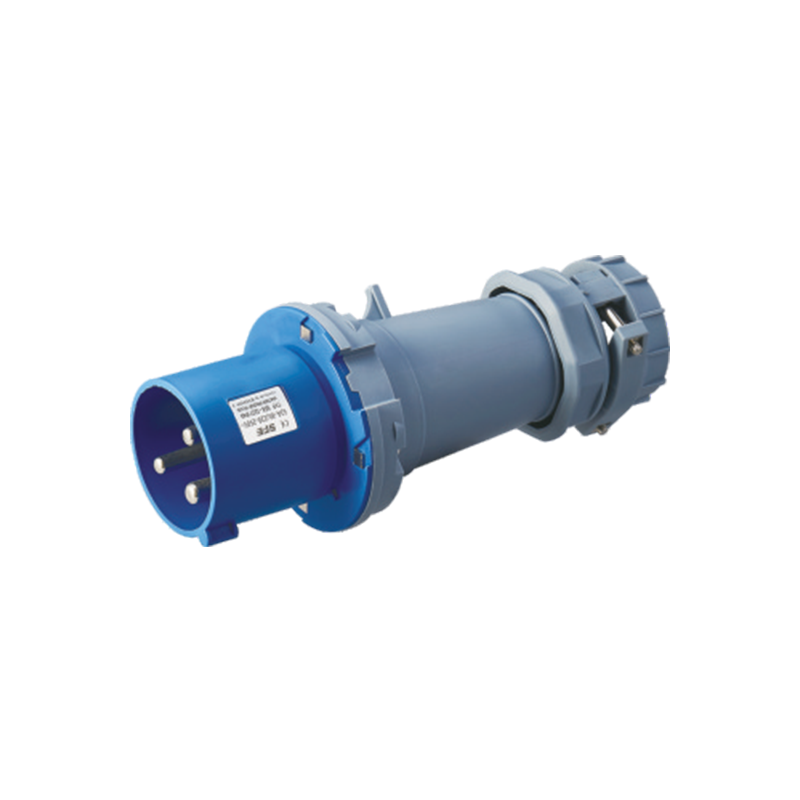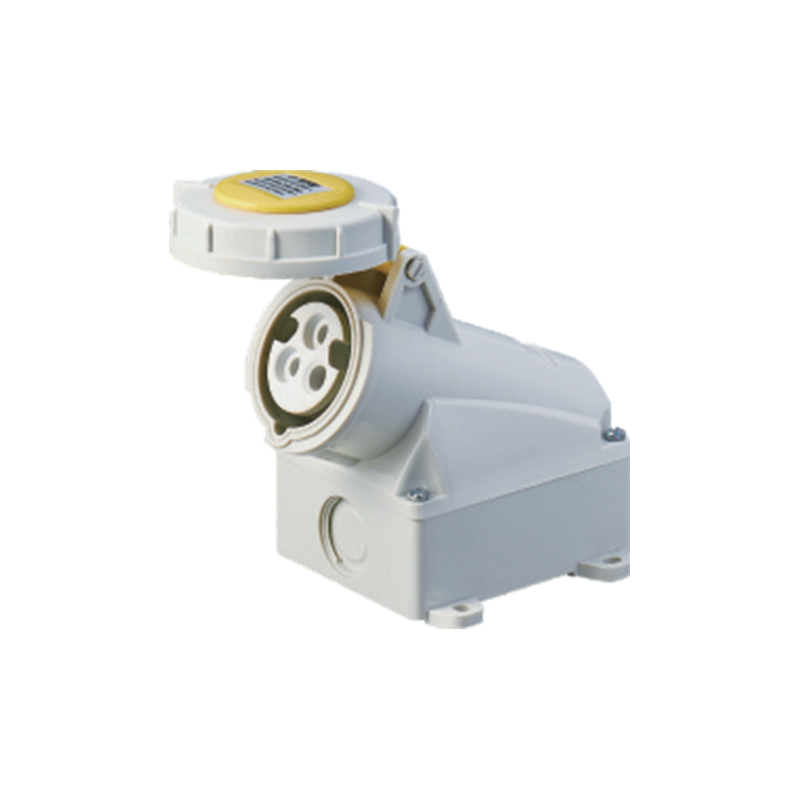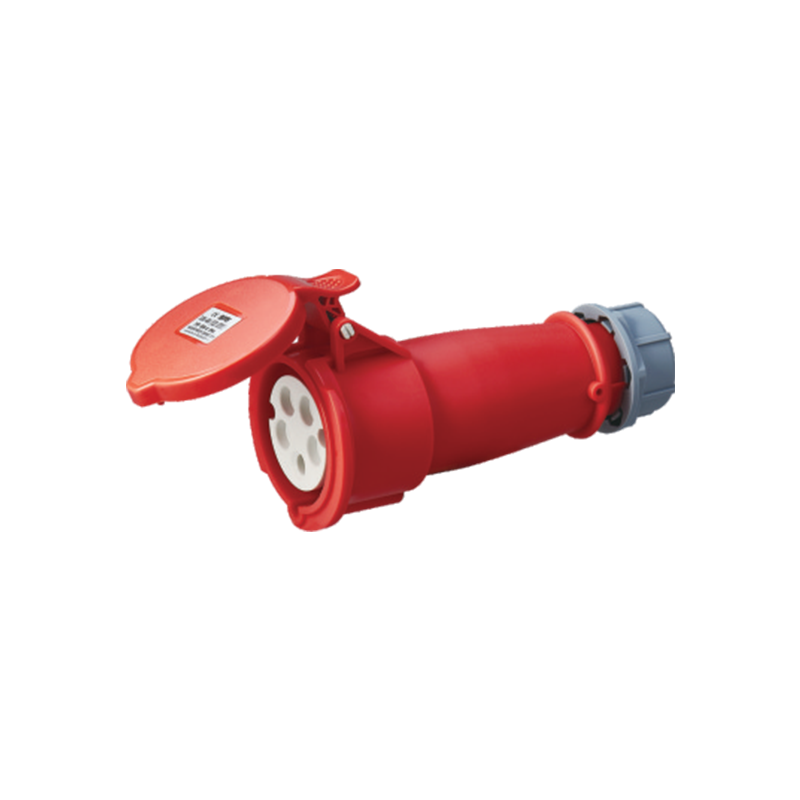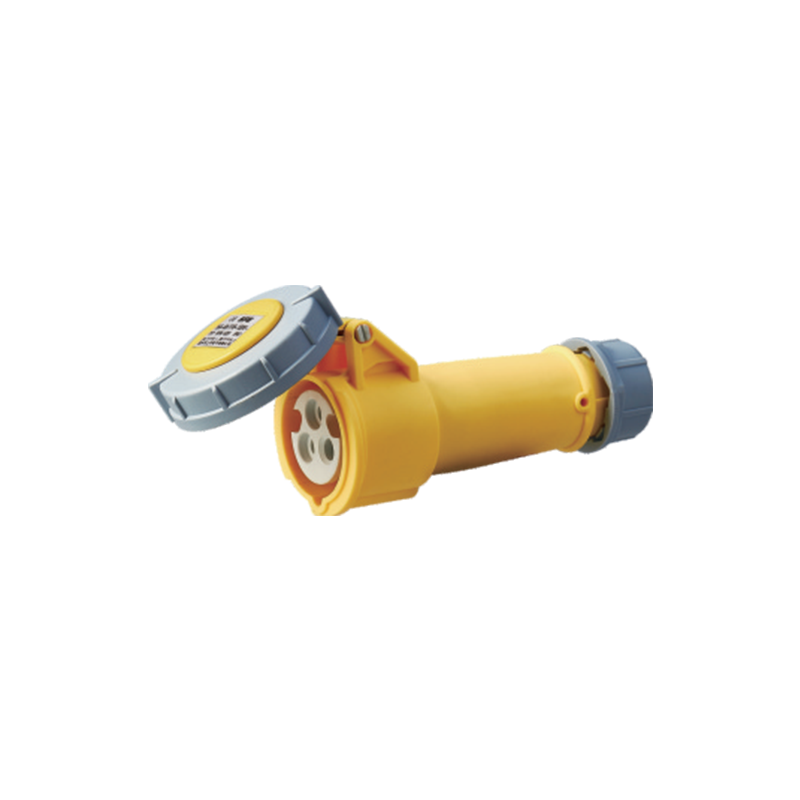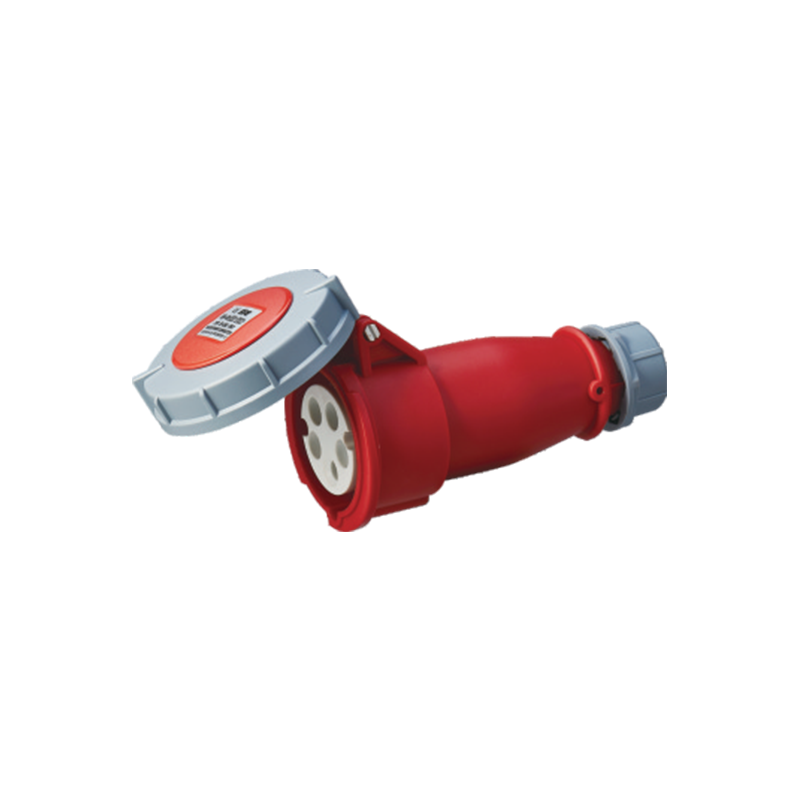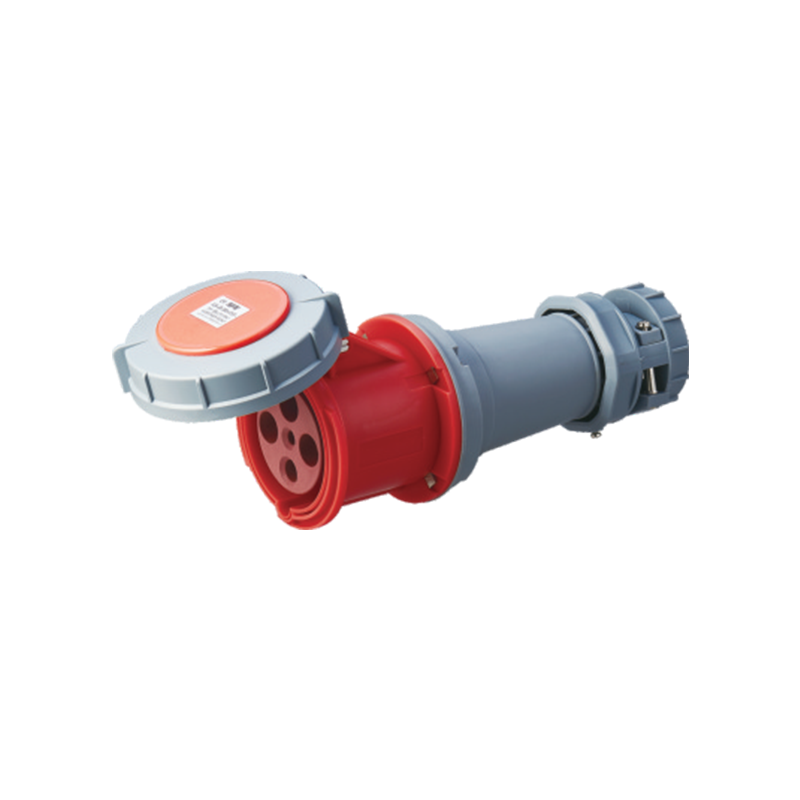Address: No. 199, Weiwu Road, Yueqing Economic Development Zone, Zhejiang Province, China.
Electrical plugs and sockets are essential components in our daily lives, enabling the connection of various devices and appliances. However, the longevity and reliability of these components can be compromised by improper usage and environmental factors. This article explores practical tips and techniques to extend the life of electrical plugs and sockets, ensuring safety and efficiency in both residential and industrial settings.
Understanding the Basics
Before diving into maintenance practices, it is crucial to understand the types of electrical plugs and sockets commonly used. For instance, industrial applications often utilize a robust industrial 240V plug, designed to handle higher voltage and current levels compared to standard household plugs. These plugs are built to withstand harsh environments, making them ideal for heavy-duty applications.
Regular Inspection
One of the more effective ways to extend the life of electrical plugs and sockets is through regular inspection. Users should frequently check for signs of wear and tear, such as frayed cables, cracks in the socket, or discoloration of the plug. If any damage is detected, it is advisable to replace the faulty component immediately to prevent further issues. Regular inspections can also help identify any potential safety hazards, allowing for timely interventions.
Proper Usage Practices
How you use electrical plugs and sockets plays a significant role in their longevity. Always ensure that plugs are inserted and removed carefully. Avoid yanking or pulling on the cord, as this can damage both the plug and the socket. Instead, grasp the plug firmly and pull it straight out to less wear on the connectors.
When using devices that draw a significant amount of power, it is essential to ensure that the plugs and sockets are rated for the load. For instance, using an industrial 240V plug for high-current applications can prevent overheating and electrical failures. Additionally, it is vital to avoid overloading sockets with multiple devices, which can advance to overheating and damage.
Environmental Considerations
The environment in which electrical plugs and sockets are used can greatly affect their lifespan. Moisture, dust, and bad temperatures can accelerate deterioration. For outdoor or industrial use, consider investing in a waterproof power distribution box. These boxes protect connections from rain, dust, and other environmental factors, thus prolonging the life of the plugs and sockets within. Ensure that all external components are rated for outdoor use, as this will further enhance their durability.
Use Quality Components
Choosing high-quality electrical components is crucial in extending the lifespan of plugs and sockets. While it might be tempting to opt for cheaper options, investing in reliable products can save you money in the long run. Look for plugs and sockets made from durable materials that can withstand environmental stressors. For high-demand applications, consider using high current cable connectors. These connectors are designed to handle substantial electrical loads, reducing the risk of overheating and failure.
Keep Connections Clean
Maintaining clean connections is essential for the longevity of electrical plugs and sockets. Dirt and debris can interfere with the connection, pilot to increased resistance and potential overheating. Regularly clean the plugs and sockets using a soft, dry cloth. For deeper cleaning, use a damp cloth, but ensure that everything is completely dry before reconnecting devices.
Avoiding Mechanical Stress
Mechanical stress on plugs and sockets can advance to premature failure. Avoid placing heavy objects on cords or pulling them tight. Ensure that cables have enough slack to prevent strain, especially in high-traffic areas. Using cable organizers can help keep cords neat and prevent accidental tugs.
Temperature Management
Heat is a significant factor that can affect the life of electrical plugs and sockets. Ensure that plugs and sockets are used in environments that do not exceed their rated temperature limits. Avoid placing plugs near heat sources or in direct sunlight for extended periods. Additionally, ensure that ventilation around electrical components is adequate to dissipate heat effectively.
Extending the life of electrical plugs and sockets requires a combination of proper usage, regular maintenance, and environmental considerations. By conducting regular inspections, using quality components, and implementing ideal practices for cleaning and handling, you can significantly enhance the longevity of these crucial electrical components. Whether utilizing an industrial 240V plug in a factory or ensuring the integrity of a waterproof power distribution box outdoors, taking proactive measures will advance to safer and more reliable electrical systems. Ultimately, the care you provide to these components reflects on their performance and reliability, safeguarding both your devices and your environment.
